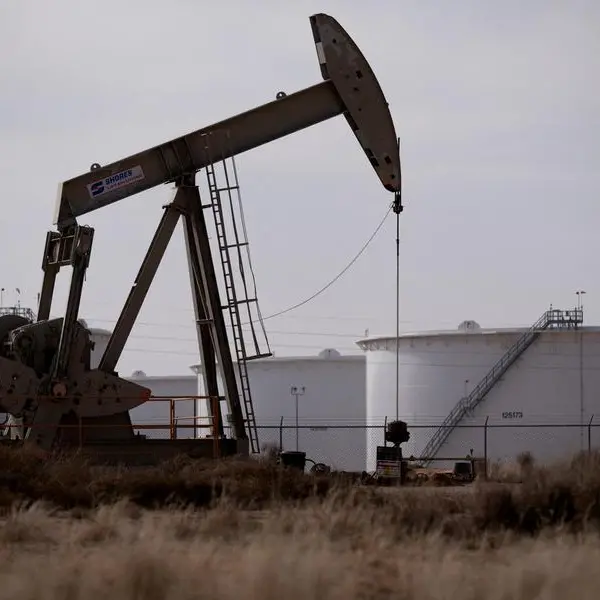Wednesday, Feb 03, 2016
Dubai: Emirates is feeling the pinch of the strong dollar despite the reprieve from lower fuels costs, Shaikh Ahmad Bin Saeed Al Maktoum, President of Dubai Civil Aviation, Chairman and Chief Executive of Emirates airline and Group and Chairman of Dubai Airports, said on Wednesday.
“We have currency issues,” he told reporters in Dubai at an aviation industry conference.
Emirates, the world’s largest airline on international routes, is exposed to every major market and currency with flights to over 240 international destinations South America to Europe.
Shaikh Ahmad warned the strong dollar could impact the airlines income this financial year, which for the airline ends next month on March 31. “We are a dollar-based company and a lot of our revenue is in different currency,” he said.
Asked if the airline was hurting from a strong dollar, Shaikh Ahmad said “yes.”
The dollar railed against major currencies in 2015 with the index 6 per cent stronger today than it was in mid-May last year. It has also strengthened against other currencies. So far this year, the dollar has gained about 3.1 per cent against the Indian rupee, 2.5 per cent against the Turkish lira and 1.1 per cent against the South African rand and Brazilian real. All market that Emirates flies to.
In November, Emirates reported a 65 per cent increase in half-year net profit to Dh3.1 billion ($844 million) but revenue fell 4 per cent to Dh43.3 billion, which the airline said was partially due to the strong dollar.
Cheaper fuel
Emirates’ overall costs are lower than they were a year ago with oil benchmark Brent crude down by 41.73 per cent since April 1 when the airline’s current financial year began. Brent was trading at $33.27 on Wednesday at mid-day UAE time.
In the first half of Emirates’ current financial year its fuel bill, historically its single largest operating cost, accounted for 28 per cent of all operating costs. That was 10 per cent less than the previous year.
Shaikh Ahmad said Emirates is reinvesting some of the extra revenue from lower fuel costs while also being pinched by the strong dollar. “People shouldn’t forget that we also try to improve the product in any way and that’s also investment,” he said.
Emirates has also said it has passed on savings to passengers through a reduction in air fares.
Zika virus
Emirates is facing the possibility of more financial pain when it launches daily flights to Panama in South America next month on March 31. The 17 hour and 35 minute Dubai to Panama journey is being plugged as the world’s longest non-stop flight.
New routes generally take time to be profitable and this one is set to launch amid the outbreak of the Zika virus in South America that has affected 23 countries from Brazil to Mexico, including Panama. The World Health Organisation (WHO) declared this week the outbreak is an international emergency and has advised women against travelling to affected countries.
Shaikh Ahmad said Emirates still plans to launch flights on March 31, having already delayed it once from its February 1 planned start date.
He also said he did not expect the Zika virus to impact Emirates like the Ebola epidemic in Africa that forced the airline to suspend some services to the continent in 2014.
“The world has dealt with something like this before and I’m sure it will be contained … it’s something that we [as an airline] can always deal with.”
Emirates is offering refunds to passengers booked to travel to South American cities Rio de Janeiro, Sao Paulo and Buenos Aires. It has not said whether it will offer refunds on Panama flights.
Al Maktoum International expansion
Construction on the expansion of Al Maktoum International at Dubai World Central (DWC) will “hopefully” start this year, Shaikh Ahmad also said on Wednesday.
DWC is to be expanded to be capable of handling to 120 million passengers a year by 2025 at a cost of $32 billion, it was announced in 2014. However, the project is still in the design stage.
In 2015, operator Dubai Airports announced a separate expansion of the existing DWC terminal from 5 million passengers a year to 26 million by 2018.
“Hopefully within this year, for sure, that will break ground,” Shaikh Ahmad told reporters. He did not say which expansion project that construction is likely to start on.
DWC is Dubai’s future mega-hub with an eventual slated capacity of 240 million passengers a year, more than double the capacity of Dubai International, the emirates main airport today.
By Alexander Cornwell Staff Reporter
Gulf News 2016. All rights reserved.




















